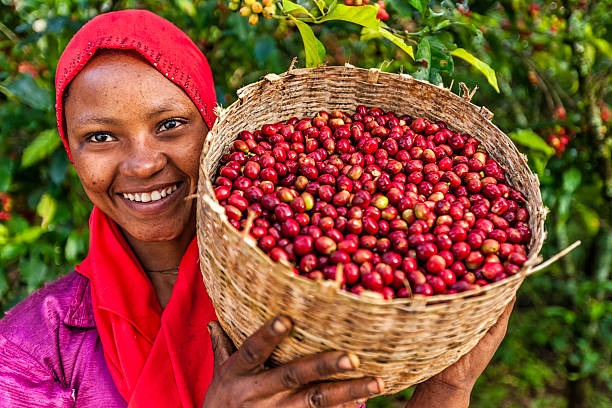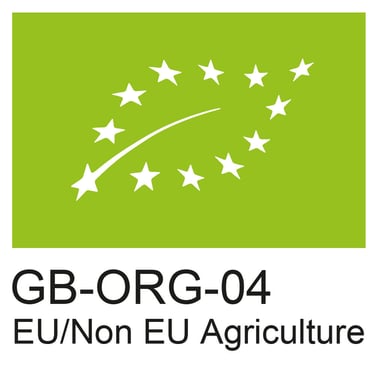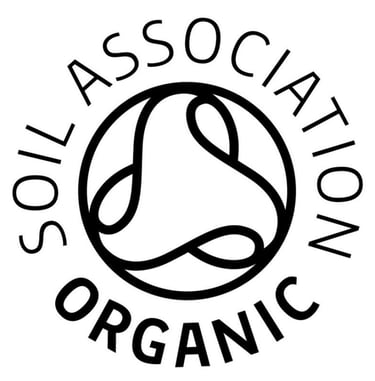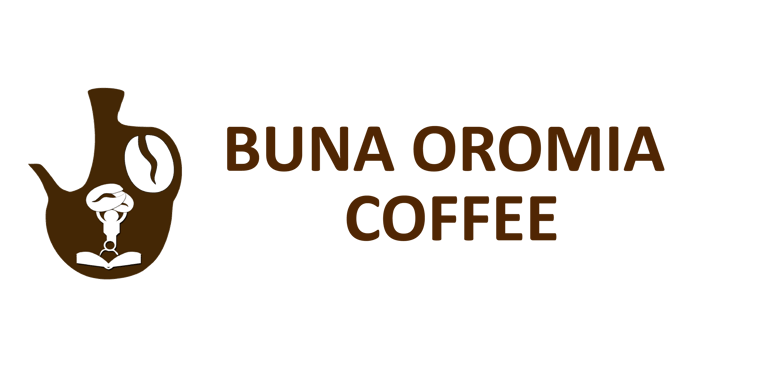Ethiopian Coffee: Sustainability and Fair Trade Practices
Fair Trade
Buna Oromia
4/22/20231 min read


Coffee is one of Ethiopia's most important exports, with over 15 million people in the country relying on coffee for their livelihoods. However, the coffee industry in Ethiopia has faced challenges such as low prices and poor working conditions for coffee farmers.
To address these issues, many coffee growers in Ethiopia have turned to sustainable and fair trade practices. This includes practices such as organic farming, which avoids the use of harmful chemicals and promotes healthy soil and biodiversity.
In addition, many coffee farmers in Ethiopia are now participating in fair trade programs, which ensure that they receive fair prices for their coffee and have access to resources such as education and healthcare.
One example of a fair trade program in Ethiopia is the Oromia Coffee Farmers Cooperative Union, which has over 200,000 members and is one of the largest fair trade coffee cooperatives in the world. Through this program, coffee farmers are able to sell their coffee directly to buyers, bypassing intermediaries and receiving higher prices for their crops.
By embracing sustainable and fair trade practices, coffee growers in Ethiopia are not only improving their own livelihoods, but also contributing to a more sustainable and equitable coffee industry worldwide. So, the next time you enjoy a cup of Ethiopian coffee, remember the important role that these practices play in supporting the people and the land that make it possible.
BUNA OROMIA COFFEE
info@bunaoromiacoffee.co.uk
Newsletter sign-up








